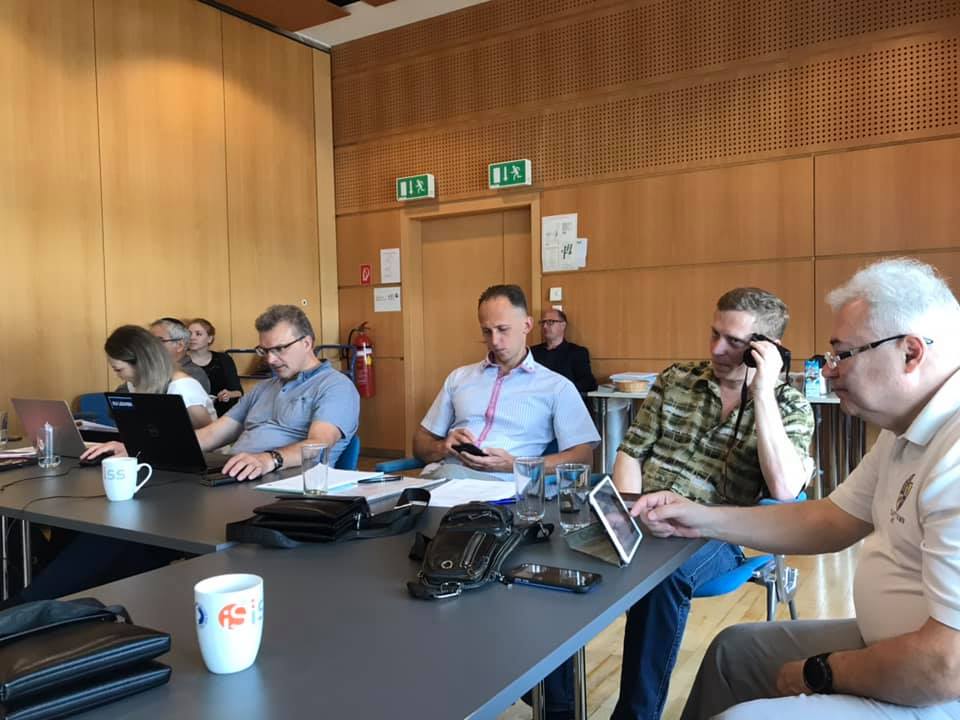[vc_section][vc_row][vc_column][vc_row_inner][vc_column_inner width=”1/4″][vc_single_image image=”2733″ img_size=”full” el_class=”.non-padding” css=”.vc_custom_1572442136367{margin-right: -15px !important;margin-left: -15px !important;}”][/vc_column_inner][vc_column_inner width=”1/2″][/vc_column_inner][vc_column_inner width=”1/4″][/vc_column_inner][/vc_row_inner][/vc_column][/vc_row][vc_row][vc_column width=”1/4″][vc_column_text css=”.vc_custom_1640092569676{margin-left: -15px !important;padding-top: 5px !important;}”] Syllabus
Moodle
Learning materials
[/vc_column_text][/vc_column][vc_column width=”3/4″][vc_column_text]
Learning outcomes:
The course will provide students with basics in regenerative medicine including some of the fundamentals of the field and possible clinical applications and clinical utility, thus including principles of tissus engineering, stem cells, tissue microfabrication, reviewing tissue structure and function and the clinical need for tissue repair. Focus will lie on materials engineering with cell culture to grow tissues and cell-material constructs in the laboratory prior to implantation. Various types of cells and determinants of tissue formation will be discussed, while another topic is dedicated to the area of biomaterials, especially as it pertains to tissue engineering. Furthermore, the course will also address the biologic and molecular basis, also covering the molecular, mechanistic and phenotypic aspects of cells and cloning.
[/vc_column_text][/vc_column][/vc_row][/vc_section]


